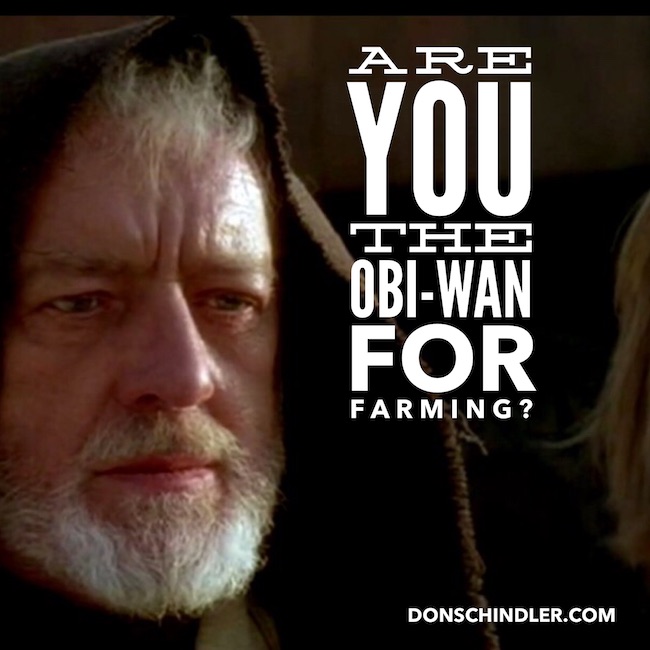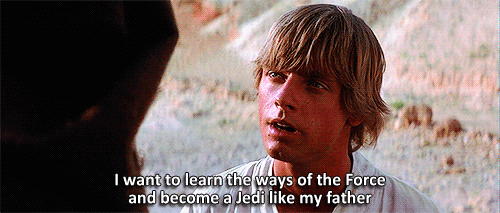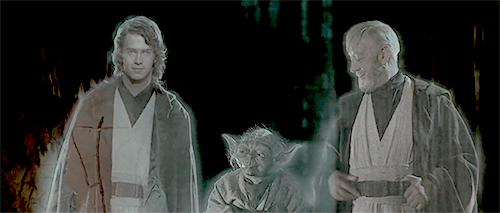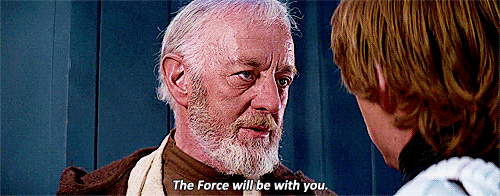
One of the things that I love doing is working directly with the farmers. They are great people: humble, hard-working, independent, and proud of the care they give the land and their animals.
Almost all farms are family-run businesses (97%) and I believe they are this way because you need to have the passion of a family to get through the ups and downs they experience. It’s definitely not the easiest life but they didn’t choose it because it’s easy – they choose it because it’s work they can feel great about.
One of the ways I work with the farmers is to get them connected directly with their customers via digital channels like social media. I believe that when people have a direct connection one-on-one; they can get to know each other, understand each other and start to trust one another – even if it’s just through social media.
In fact, I have many farmer friends and social media marketing friends online that I’ve never met in person but I definitely trust them. If you want to know a few of them, just check out my lists on Twitter .
When a farmer wants to join social media and connect with their customers, I like to take them through a process of not only setting up the right tools to connect like Facebook pages or Instagram accounts but also make them aware of some marketing techniques like branding themselves and the farm as well as how to talk through these channels.
Today I’m going to chat about branding – something that I believe needs to be done before you launch any platforms. I would like the farmer to be able to write down who they are and why they do what they do. Because when you have an understanding of who and why, the how you talk to others becomes a lot easier and you’ll build trust a lot faster.
So what is a brand?
I believe a brand is simply a person’s perceptions of their experience with a product or service.
Your personal brand should represent the value you are able to consistently deliver to those whom you are serving. – Glenn Llopis
So how do you define your brand?
Well, I think you first need to write an internal brand statement – which is different than a mission or vision statement.
Here’s a sample internal brand statement.
To (target audience), (your name) is the (blank) provider/service of (blank) delivered through (blank).
Here’s a sample one for a dairy farmer.
To the dairy-consuming customers, Don Farmer is a hardworking and environmentally conscious dairy farmer who provides nutrient rich milk from well-cared-for and well-fed cows in Illinois.
If you want to know it down to 140 characters, you could say: I’m a IL dairy farmer who loves providing nutritious milk so u can ur enjoy awesome dairy products like ice cream, cheese & yogurt.
You should have this internal brand statement in the back of your mind when you are talking with people. You don’t have to say these things about yourself but it does help ground you in who you want them to think you are.
Then you can work on your elevator pitch or intro. This statement should always come from the customer’s point of view. In other words, what would they be interested in vs. what I want to tell them. You need to make it interesting and how you help solve their problems.
When someone asks: “So what do you do?” You could say something like this in return.
I’m happy to tell you that I farm. And I love it. I provide (the dairy product that are made from your farm whether it be cheese, milk, ice cream, etc…) the best way I know how. I take care of my cows and the land and I’ve been doing it for XX generations. I can’t imagine doing anything else but working the land and taking care of my animals. Do you like cheese (or whatever it is you sell)?
Now how you say this is just as important as what you say and I want you to think about your attitude and tone.
People relate well to people like themselves or those that come across with a helping mentality (like servant leadership). Think of it as calm and reassuring with a slight hint of authority about the topic at hand.
What’s that mean?
Think of yourself as Obi-Wan Kenobi in Star Wars. You may be thinking he’s an old man (are you telling me I’m old, Don?).
It’s about being a good guide.
And the person you are talking to is Luke Skywalker (your customer).
What do we know about our customers?
- They are probably a few generations removed from farming. Luke had no idea he was Jedi much like urban people may not remember their historical farming roots.
- They live in cities and might have never been to a farm. Luke had never been anywhere but on Tattooine.
- They are more educated than any previous generation but they might not know much about farming other than what they’ve read or seen on the internet/TV/movies. All Luke knew about the empire was from hearsay at the nearest space port.
- They want to make sure they are making the right decisions about food and their families. THIS IS VERY IMPORTANT. Luke lacked confidence in the decisions he was making because he felt he didn’t understand all the nuances of Jedi life.

So if you think of them as a Luke character – remember Luke is the hero here but he’s not sure of himself – and you as Obi-Wan, you are the guide to help Luke on his quest.
To your Luke customers, you are the Obi-Wan of good farming, animal care and you make sure the product you produce is of the highest quality. If Luke consumes your product, he’s helping himself and his family.

How does Obi-Wan handle himself with Luke?
- He has patience and answers all the questions that Luke throws at him. He understands that Luke doesn’t have his background and in depth knowledge so he gives thorough answers with historical background to get Luke up to speed.
- After giving Luke background information, he helps him practice. In this way, he begins to build Luke’s confidence by helping him find some answers on his own. He’s guiding him on the path to being a Jedi.
- Obi-Wan doesn’t get defensive and doesn’t strike out or call him names. Obi-Wan represents the good side of the Force. Luke’s trust is strong with Obi-Wan because it’s a teacher-student relationship but Obi-Wan couldn’t teach without the trust.
- When Obi-Wan disappears in the end but Luke can still reach out. You won’t always be there 24/7 for your Lukes as they make decisions about their food choices but you could still be there occasionally when they really need you.
- Finally Luke needed more advanced training (something that Obi-Wan couldn’t handle now that he was gone) and you could think of this as when your customer needs more information than you have available like nutrition or culinary and you could pass your Luke onto your registered dietitian friends like Kim and Jean from National Dairy Council.
There’s one more part about branding and trust that you need to understand. It can be broken very, very quickly. Even if you’ve built up tons of trust in the past, a simple act breaking your personal brand will be enough for others to walk away.
Think of when politicians violate values (like this guy) or when a brand (like this car company) breaks the law.
You need to be careful with your values and make sure that you are following them even when no one is looking.
So what do you think? Can you see yourself as a good guide to quality farming? Will it help you in how you speak with your customers? Let the Force be with you.

Leave a Reply